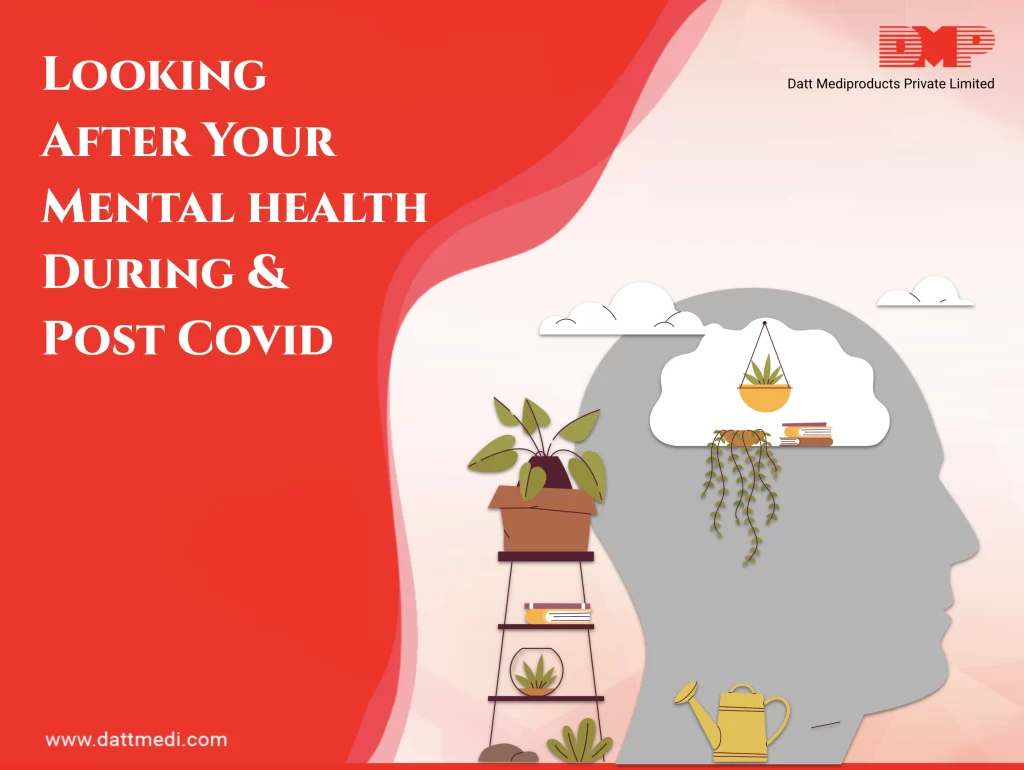
Once the winter season ticks, we like to stay indoors, be sedentary, and avoid physical activity. From staying hydrated to getting enough sleep to exercising regularly and getting vaccinated, there are a number of ways following which one can stay healthy and fit and avoid seasonal health variations.
We, Datt Mediproducts present to you a range of healthy habits to keep you up this season.
- Drink Plenty of Water:
Water plays a prime role in keeping you healthy during the winter season. It’s important to stay hydrated always. It’s one of the best things you can do to your body this season. Keep a water bottle handy, drink constantly. Lukewarm water may be more helpful with a slice of lemon helping to increase your metabolism. - Eat Healthy:
Seasonal fruits & vegetables are a delicacy you should not miss. Breakfast should be loaded with fruits. Seasonal fruits like grapefruit, Kiwi, Oranges, and Veggies like broccoli, carrots, capsicum, and cauliflower are the best.
– Veggies may also be used to make soups.
– Eating fruits rich in Vitamin C are a win-win. Vitamin helps to boost the immune system. It keeps you healthy & strong. - Sleep Well:
It’s important to get enough sleep and rest. A sleep cycle lesser than 7 hours a day may diminish your immune system and hence your ability to fight infections. - Avoid Stress:
A stressed person is more susceptible to catch infections, colds & flu. Work stress should be confined to the workplace itself. Free time should be spared to rest and relax at home & with friends. An organized daily plan assists in keeping stress at a bay to an extent. - Be Active & Sit Less:
Get involved in some indoor activities such as bowling, yoga, dancing to stay active. The goal should be to enjoy the season and being active in the comfort of your house. Gadgets may be used to track your daily physical activities as if you are getting enough steps at regular intervals or not. Stretching methodically in between your work may also be helpful. - Keep your place ventilated:
Proper ventilation plays an essential role in sanitizing the air you breathe in. If your rooms and office are well ventilated then it reduces the risk of microorganisms developing in that area. - Keep It Clean:
Healthy habits like washing your hands regularly; covering mouth while sneezing/coughing may be followed. Overcrowded places like malls should be avoided. Spending more time with people infected increases your chances of becoming sick. - Sanitization:
Handles, surfaces, etc. should be sanitized meticulously. One should be extra cautious while handling items in public places. Wet wipes may be used to sanitize the same before touching. - Get Vaccinated:
One should get vaccinated every flu season, particularly if elderly or have low immunity. Vaccination not only decreased your risk of contracting the flu, but it also prevents you from spreading it to others. - Exercise Regularly:
Whether it is summer or winter or any other season, exercise is one thing that should be a part of your life. Exercise is a principal daily habit, which is recommended by everyone. It is important to keep fitness all year long.
While winter may be chilling, you should keep going and keep up the healthy habits this season to stay healthy. We @DattMediproducts understand that we can’t avoid the season completely so we should embrace it. Follow the above healthy habits this season and enjoy it.
Follow Healthy, Be Healthy & Stay Fit.




